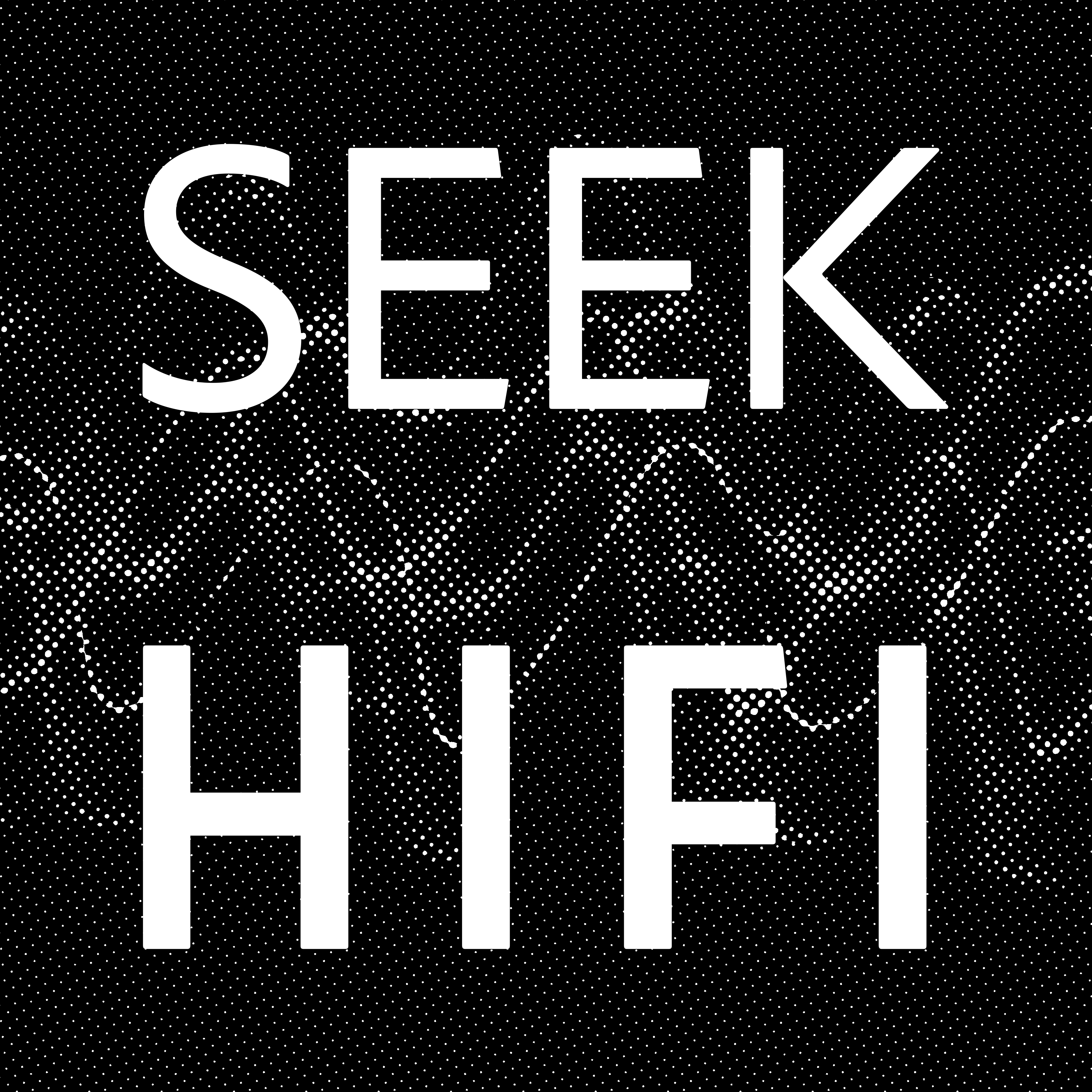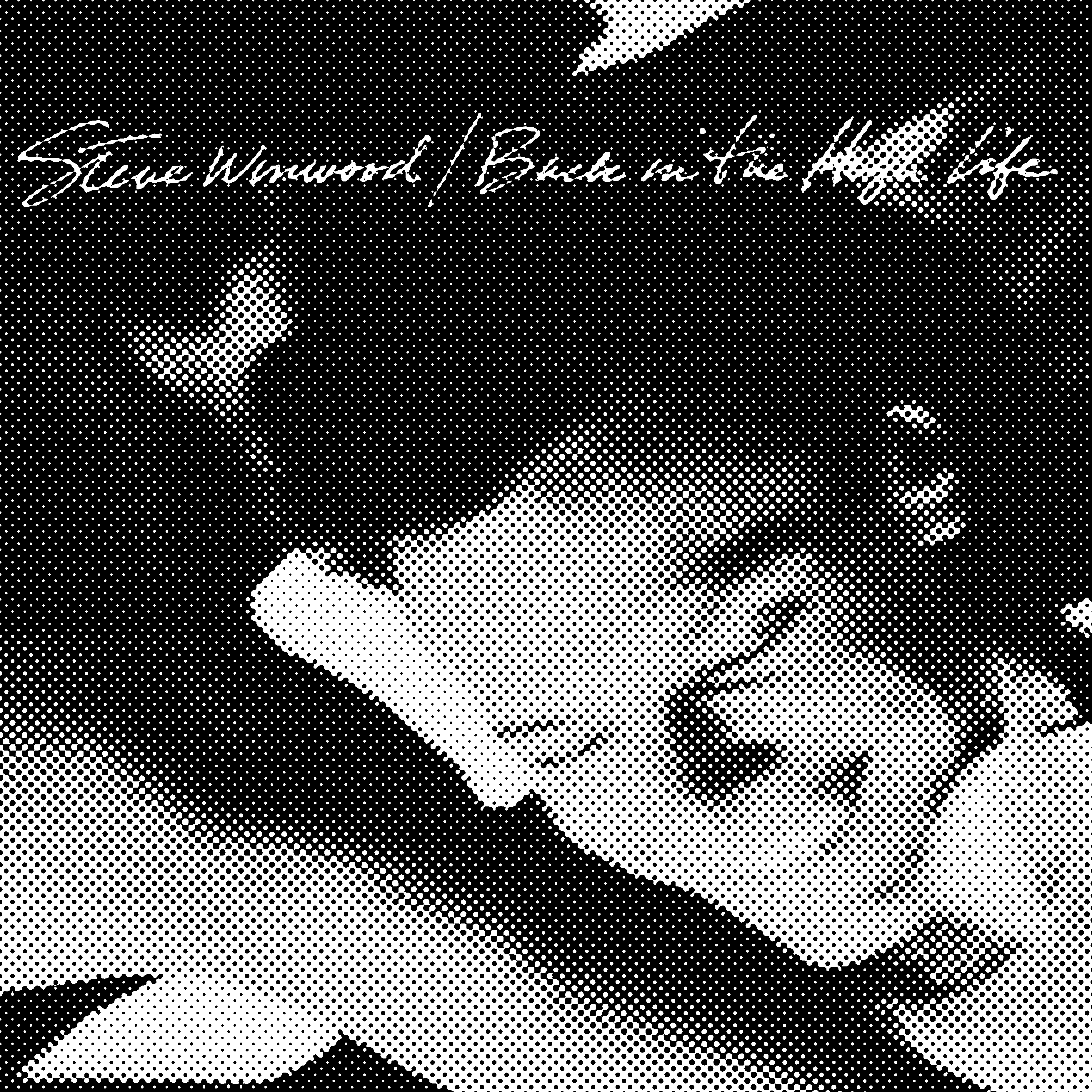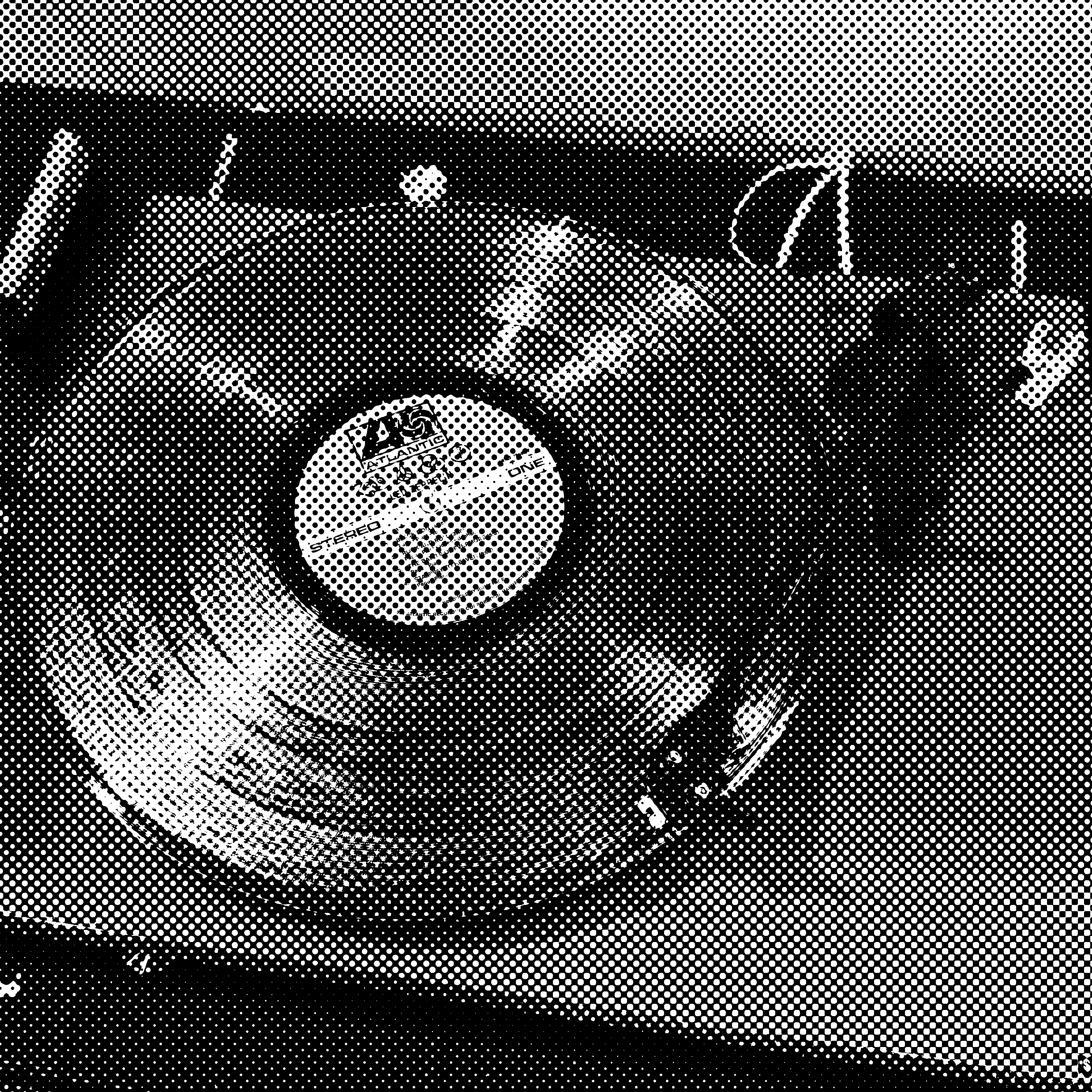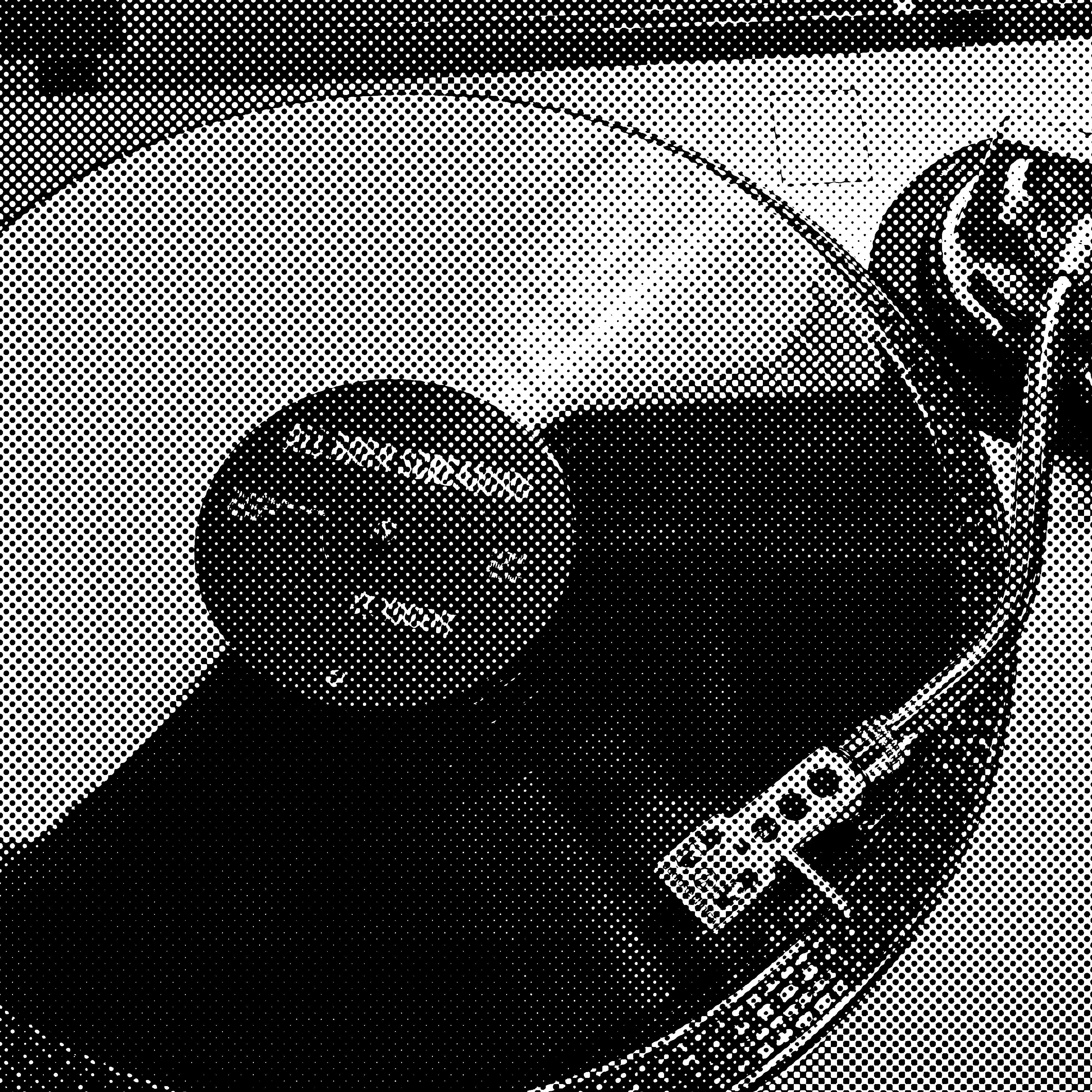Spotify Isn't What We Wish it Was (And That's OK)
Streamers make it easier than ever to listen to and distribute music. What they aren't doing is paying artists a living wage, and that's OK. Here's why...
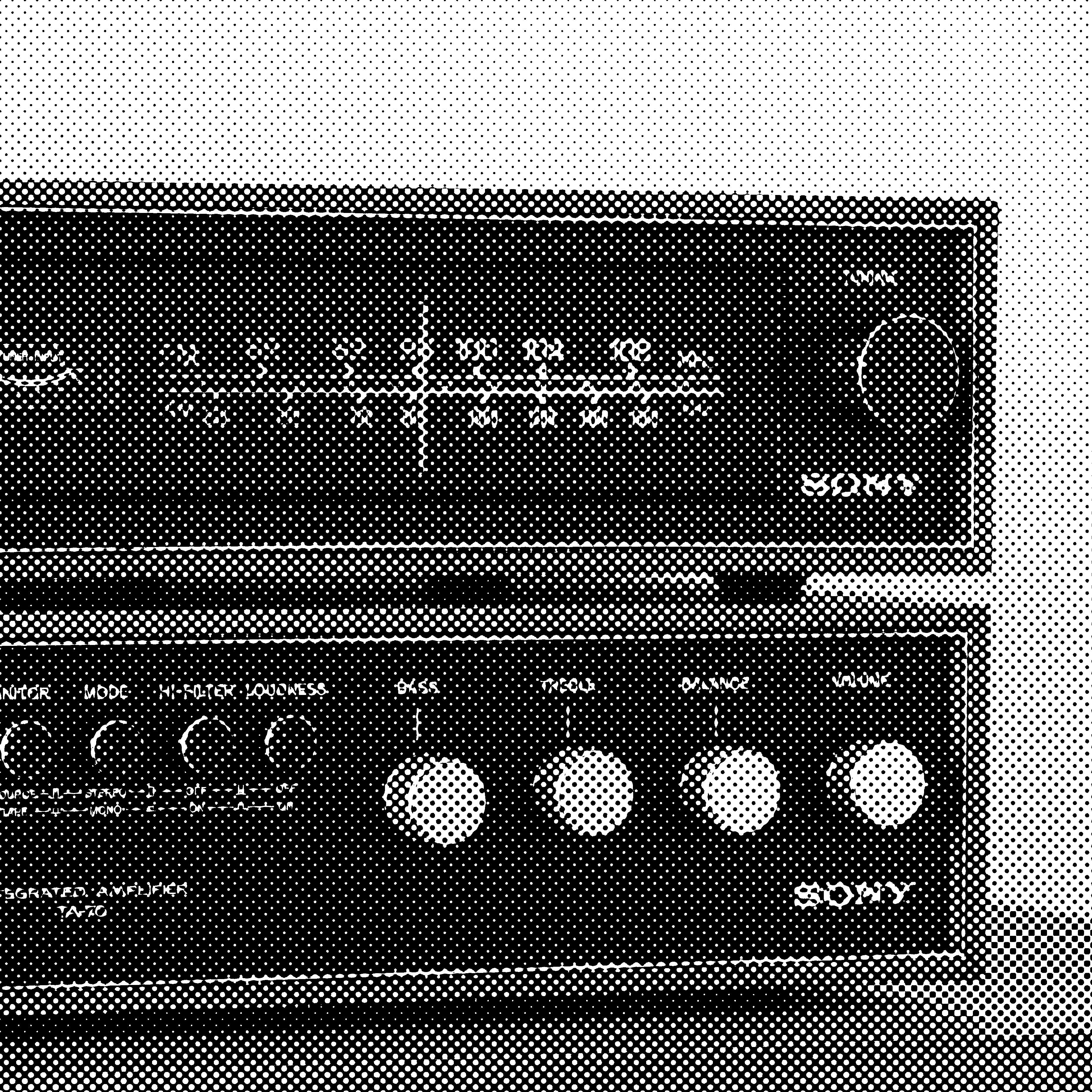
Spotify is the most recent big bad in the ongoing narrative around cataclysmic changes the music industry experienced over the last two decades. This perception is built on a misunderstanding of what Spotify and the other streamers are. The outrage I hear from artists and fans about the streaming giant's payment model is (somewhat) valid but rooted in an incomplete understanding of purposes and incentives.
Note: I am about to type the word Spotify about 300 times in this piece, but this stuff generally applies to all streamers. Tidal and Quboz pay a mint compared to Spotify and still leave artists in the poor house. Also, the only reason the other streamers pay more is so the artists will still show up to their much smaller party compared to the audience Spotify provides.
There are limits to my anger over Spotify's treatment of artists. Because I'm also the problem. It's a fantasy that I could support the hundreds of artists I listen to monthly on Spotify. For what? Twelve bucks? In reality, I pay for three streaming services and use Tidal the most. But that's only because I run this website and want to publish playlists and mix tapes in more places. Otherwise, like most people, I would only have one.
The value proposition for me is that if I pay Spotify what amounts to a pittance for the embarrassment of riches delivered to my ears, they will keep doing so. They'll also keep most of my money for themselves, thanks, because what Spotify doing is HARD. A software product operating at this scale is a modern miracle.
On the other hand, the value proposition for musicians is not "getting paid." It's getting heard. Getting heard is essential for performing artists. And I don't mean essential like bleu cheese dressing is essential with chicken wings. I mean literally essential–for their soul. The reason "starving artist" is a trope is because, throughout history, the best ones are compelled to be seen and heard, damn the rent.
Yet the rent is due. And if it's not paid for long enough, the music stops.
The thing is, I (hopefully we) want to support musicians. I don't like the music stopping, so I have to support them in ways that are different from engaging with streaming services. Note: bitching online about Spotify is not supporting artists, it's slacktivism.
The Myth of "Spotify Pays Artists"
Spotify doesn't pay musicians enough for streams. It's true, but there's a direct correlation that I don't pay musicians enough for streams, either. Artists publicly decry the situation. Coming with receipts to show that they see fractions of a cent for each play. It's no wonder that the streaming model gets so much shade.
As late as April 2024, it was reported that Spotify pays artists between $0.003 and $0.005 per stream, meaning an artist would need millions of streams to earn a meaningful income. People argue streamers make earning a living as a musician more challenging than ever. I'm not well-versed enough in anthropology to attack or defend that claim, but it's a false narrative. Spotify isn't making it easier or harder for musicians to make a living. They are making it easier than ever to be heard and doing it very well.
What Spotify is not doing well and will not be doing well is giving artists a primary source of income. It's a distribution platform aiming to deliver artists to ears and ears to artists. The fact that many musicians (and fans) believe that Spotify should be or could be a primary source of income is the root cause of this frustration.
Spotify is the new radio, a platform that facilitates music discovery, not music sales. Does anyone remember the payola scandal? The ears radio used to deliver were so valuable that artists (actually, the record labels backing the artists) were paying them. And people FREAKED OUT.
What if Spotify charged artists $0.005 per stream? Oh, the humanity!
The value of ears is enormous. This is a crucial point for those of us who are coming to grips with how little we are willing to pay Spotify and, in turn, how little Spotify pays for music.
I mentioned record labels above. It's important to understand that just like radio stations, Spotify doesn't pay the vast majority of artists at all. They mostly license music from record labels who distribute payments based on internal structures. When I listen to a song on the radio, the radio station isn't compensating the artist. They're paying the label for the right to play the music, and some of that money trickles down to the artist, but only a little.
In this way, Spotify is simply continuing a broadcasting system. Doing it better, frankly. The quality is better, the selection is better (in that I can select anything), the information is better, the access is better, and I can share playlists and mix tapes with my peeps. The radio model wasn't designed to be an income stream for artists. It served as promotion, driving album sales, concert ticket purchases, and moving merch. In this sense, Spotify's business model hasn't changed the way artists are compensated, and it's not going to.
Everything Everywhere All At Once
When we subscribe to Spotify or listen to an ad (ugh), we're paying for a service that gives us access to an unimaginably large cornucopia of culture. The expectation that the little they charge could fund all the artists on the platform meaningfully is folly.
From an artist's perspective, Spotify exists as a distribution tool. They don't pay much, but they have the ears. The value for artists is not the itsy-bitsy royalties but the exposure from playlists, mix tapes, the algorithm, or shares. Spotify is advertising for artists, not income for artists.
Supporting the Artist We Find
Okay, the exposure happened. Artists got heard. There's still no gas in the tour bus. If I want to support artists, streaming services are not the way. Spotify is a distribution tool, not a patronage system. The approach needs to be more direct.
- Buy Physical Media: To financially support an artist, I buy vinyl records, CDs, or cassettes directly from their website or at concerts. It is far more beneficial to them than listening to streams. It also sounds better and won't go away when there's a dust up over licensing rights. Typically, musicians see a much larger cut of the sales price for physical media, especially when we buy it directly from them.
- Attend Concerts: Live shows are a primary source of income for most musicians, especially those just starting out. (I'm not talking about $1300 Beyonce tickets.) By attending concerts and buying tickets (and merch), we likely put money directly into the pockets of the artists who create the music we enjoy.
- Buy Merch: Merch is dope. Some of my favorite art is album art. Merch is a critical revenue stream for many musicians, especially independents.
- Patreon and Crowdfunding: Many musicians use platforms like Patreon or Kickstarter to get direct support from their fans. By pledging a monthly amount, say $1.00, I can pay them ~300 times more than listening to a stream.
Why We Still Stream
Despite hundreds of daily social media flair ups over the situation, streaming remains the go-to music delivery mechanism for hundreds of millions of people because, frankly, streaming kicks ass. For the price, streamers offer absurd access to nearly all the music we could ever want, allow for easy curation and sharing, and unite music lovers in one place. Unless WE want to pay a LOT more, they won't be housing and feeding artists.
We must stop holding streamers to an unrealistic standard and understand them as music discovery and distribution tools. Streaming doesn't "owe" artists a living wage. It's not designed to replace direct artist engagement, and it never was. Its value to artists lies in the ears it provides, the audience it connects them with, and how it allows them to distribute their music globally with little overhead.
Serendipity vs. Intention
We need to separate the platforms we use for discovery from the ones we use for direct financial support. It's two different games and business models. As described above, there are ways to engage directly and intentionally with artists. Listening to their music on Spotify or some other streamer is not one of them. We should use them for what they are–a music discovery service.
Exploration and discovery are about serendipity, the opposite of intention. To find musicians, go to the streams. To support them, buy their stuff. That will keep the music playing.
